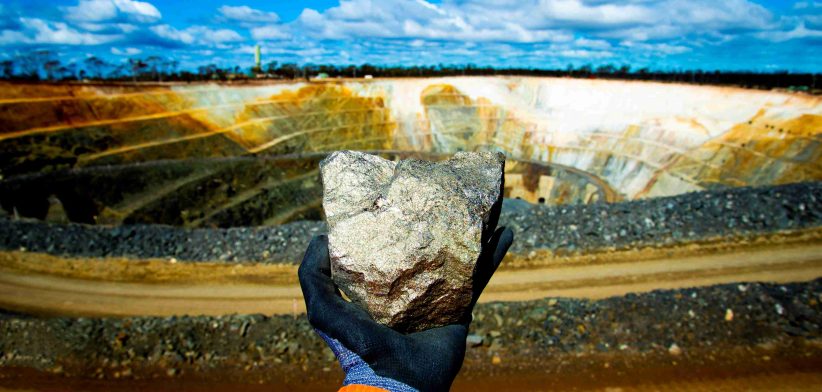An Australian-first research centre has been established to drive knowledge in critical minerals and sustainable mining.
The ARC Industrial Transformation Training Centre in Critical Resources for the Future (ITTC), based at the University of Western Australia (UWA), brings together research leaders from UWA, Australian National University, The University of Queensland and The University of Adelaide.
Centre Director Marco Fiorentini said the transition to cleaner energy relied on new technology and, with critical minerals essential for developing the technology, governments and industries would need to undergo their own transition.
Professor Fiorentini said traditional exploration, extraction and processing methods no longer met Australia’s environmental, social and governance (ESG) standards.
He said the critical minerals sector was facing the challenge of not only increasing production to meet rising, global demand, but also developing new strategies to meet the latest sustainability targets.
“A smarter, more agile approach is required. The supply chain – exploration, extraction and processing –must evolve to meet this demand and deliver the critical minerals the world needs.”
Professor Fiorentini said the new Centre aimed to bring together the skills and disruptive thinking required to advance the critical minerals sector.
He said it was also focused on training the next generation of geoscientists to address the global challenges of climate change and energy security.
“The Centre will develop the science that is needed to find the ore deposits of the future that are key to the energy transition.
“It will operate between and across different disciplines, so that we have geoscientists working with metallurgists, working with engineers, working with environmentalists.”
Professor Fiorentini said the vision for the new Centre included creating a more agile approach to identifying new ore bodies and developing the science to optimise extraction and processing.
“Through science, we can really become surgical in finding new deposits.
“It’s not only about finding more ore, it’s about finding diverse sources of ore. That’s why we’re thinking about ways of repurposing existing mine waste and looking at ways to explore for new types of ore deposits.”
He said it was vital for exploration and mining operations to minimise the environmental impact associated with exploration, through more precise, predictive targeting, as well as efficient ore processing and metallurgical practices.
“Commodities such as lithium, cobalt, rare earths and platinum group elements require the sustainable development of new ore deposits,” Professor Fiorentini said.
“Current exploration methods may not suffice, so future mines will need to leverage automation, digitalisation and decarbonised processes to meet ESG standards.”








